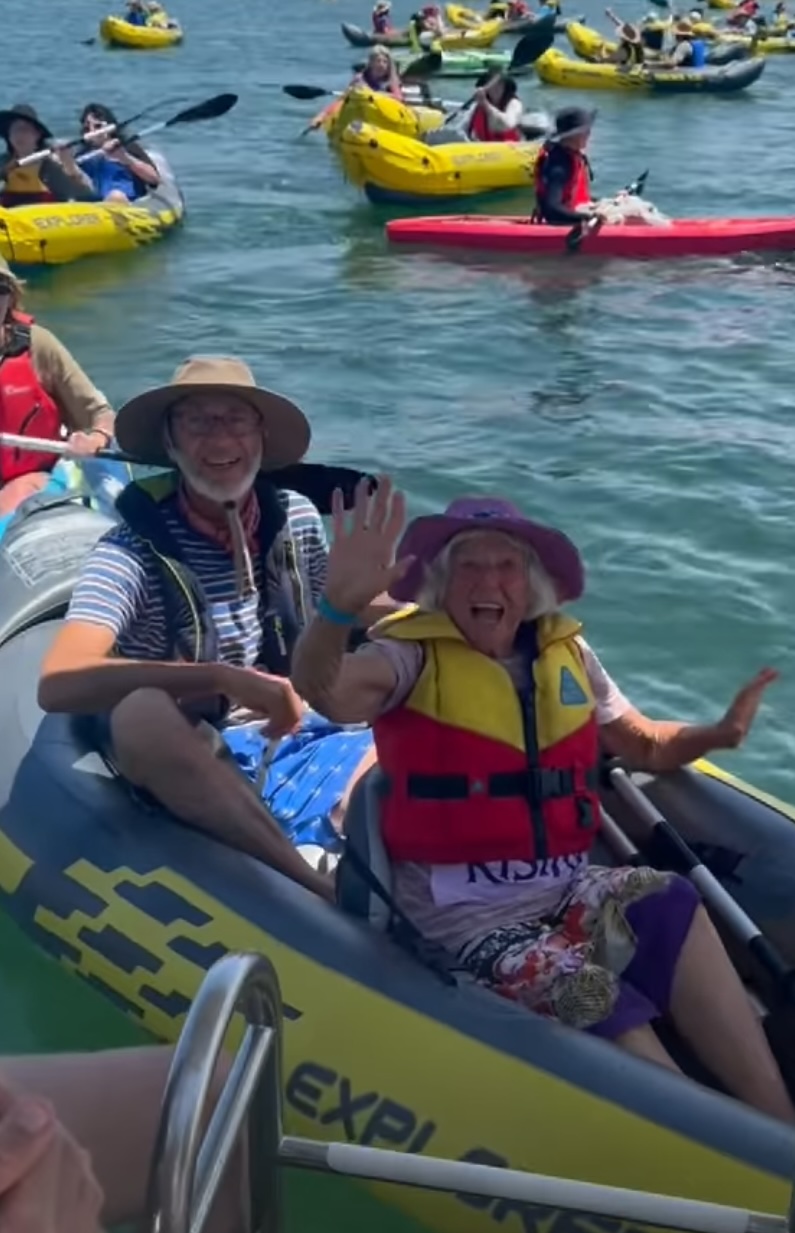Hundreds of university staff and students in Melbourne and Sydney called on their vice-chancellors to cancel pro-Israel events earlier this month, write Michael West Media’s Wendy Bacon and Yaakov Aharon.
SPECIAL REPORT: By Wendy Bacon and Yaakov Aharon
While Australia’s universities continue to repress pro-Palestine peace protests, they gave the green light to pro-Israel events earlier this month, sparking outrage from anti-war protesters over the hypocrisy.
Israeli lobby groups StandWithUs Australia (SWU) and Israel-IS organised a series of university events this week which featured Israel Defense Force (IDF) reservists who have served during the war in Gaza, two of whom lost family members in the Hamas resistance attack on October 7, 2023.
The events were promoted as “an immersive VR experience with an inspiring interfaith panel” discussing the importance of social cohesion, on and off campus.”
- READ MORE: Israeli activists infiltrate Labor Party in grassroots putsch to hit Greens
- Manufactured antisemitism. Universities relied on fudged numbers
Hundreds of staff and students at Monash, Sydney Uni, UNSW and UTS signed letters calling on their universities to “act swiftly to cancel the SWU event and make clear that organisations and individuals who worked with the Israel Defense Forces did not have a place on UNSW campuses.”
SWU is a global charity organisation which supports Israel and fights all conduct it perceives to be “antisemitic”. It campaigns against the United Nations and international NGOs’ findings against Israel and is currently supporting actions to suspend United States students supporting Palestine.
It established an office in Sydney in 2022 and Michael Gencher, who previously worked at the NSW Jewish Board of Deputies, was appointed as CEO.
The event’s co-sponsor, Israel-IS, is a similar propaganda outfit whose mission is to “connect with people before they connect with ideas” particularly through “cutting edge technologies like VR and AI.”
Among their 18 staff, one employee’s role is “IDF coordinator’” while two employees serve as “heads of Influencer Academy”.
The events were a test for management at Monash, UTS, UNSW and USyd to see how far each would go in cooperating with the Israel lobby.
Some events cancelled
At Monash, an open letter criticising the event was circulated by staff and students. The event was then cancelled without explanation.
At UNSW, 51 staff and postgraduate students signed an open letter to vice-chancellor Atilla Brungs, calling for the event’s cancellation. It was signed on their behalf by Jessica Whyte, an associate professor of philosophy in arts and law and Noam Peleg, associate professor in the Faculty of Law and Justice.
Prior to the scheduled event, Michael West Media sent questions to UNSW. After the event was scheduled to occur, the university responded to MWM, informing us that it had not taken place.
As of today, two days after the event was scheduled, vice-chancellor Brungs has not responded to the letter.
UTS warning to students
The UTS branch of the Australasian Union of Jewish Students partnered with Israel-IS in organising the UTS event, in alignment with their core “pillars” of Zionism and activism. The student group seeks to “promote a positive image of Israel on campus” to achieve its vision of a world where Jewish students are committed to Israel.
UTS Students’ Association, Palestinian Youth Society and UTS Muslim Student Society wrote to management but deputy vice-chancellor Kylie Readman rejected pleas. She replied that the event’s organisers had guaranteed it would be “a small private event focused on minority Israeli perspectives” and that speakers would only speak in a personal capacity.
While acknowledging the conflict in the Middle East was stressful for many at UTS, she then warned students, “UTS has not received formal notification of any intent to protest, as is required under the campus policy. As such, I must advise that any protest activity planned for 2nd April will be unauthorised. I would urge you to encourage students not to participate in an unauthorised protest.”
Students who allegedly breach campus policies can face disciplinary proceedings that can lead to suspension.
UTS Student Association president Mia Campbell told MWM, “The warning given by UTS about protesting definitely felt intimidating and frightening to a number of students, including myself.
“Especially as a law student, misconduct allegations can affect your admission to the profession . . . but with all other avenues of communication exhausted between us and the university, it felt like we didn’t have a choice.
I don’t want to look back on what I was doing during this genocide and have done any less than what was possible at the time.
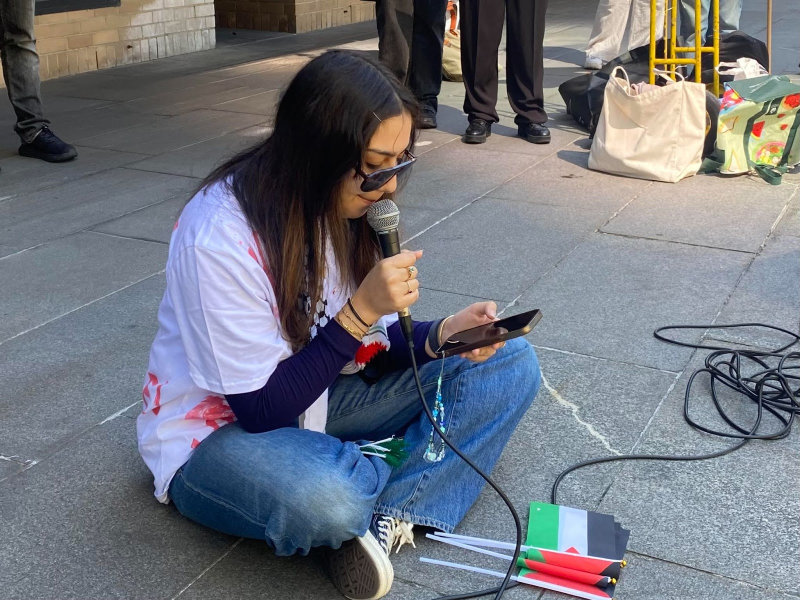
Sombre, but quietly angry protest
The UTS protest was sombre but quietly angry. Speakers read from lists naming dead Palestinian children.
One speaker, who has lost 120 members of his extended family in Gaza, explained why he protested: “We have to be backed into a corner, told we can’t protest, told we can’t do anything. We’ve exhausted every single policy . . . Add to all that we are threatened with misconduct.”
Do you think we can stay silent while there are people on campus who may have played a part in the killings in Gaza?
SWU at University of Sydney
University of Sydney staff and students who signed an open letter received no reply before the event.
Activists from USyd staff in support of Palestine, Students Against War and Jews Against the Occupation ‘48 began protesting outside the Michael Spence building that houses the university’s senior executives on the Wednesday evening, April 2.
Escorted by UTS security, three SWU representatives arrived. A small group was admitted. Soon afterwards, the participants could be seen from below in the building’s meeting room.
A few protesters remained and booed the attendees as they left. These included Mark Leach, a far right Christian Zionist and founder of pro-Israeli group Never Again is Now. Later on X, he condemned the protesters and described Israel as a “multi-ethnic enclave of civilisation.”
Warning letters for students
Several student activists have received letters recently warning them about breaching the new USyd code of conduct regulating protests. USyd has also adopted a definition of anti-semitism which critics say could restrict criticism of Israel.
It has been slammed by the Jewish Council of Australia as “dangerous” and “unworkable”.
A Jews against Occupation ’48 speaker, Judith Treanor, said, “Welcoming this organisation makes a mockery of this university’s stated values of respect, non-harassment, and anti-racism.
“In the context of this university’s adoption of draconian measures to stifle freedom of expression in relation to Palestine, the decision to host this event promoting Israel reveals a shocking level of hypocrisy and a huge abuse of power.”
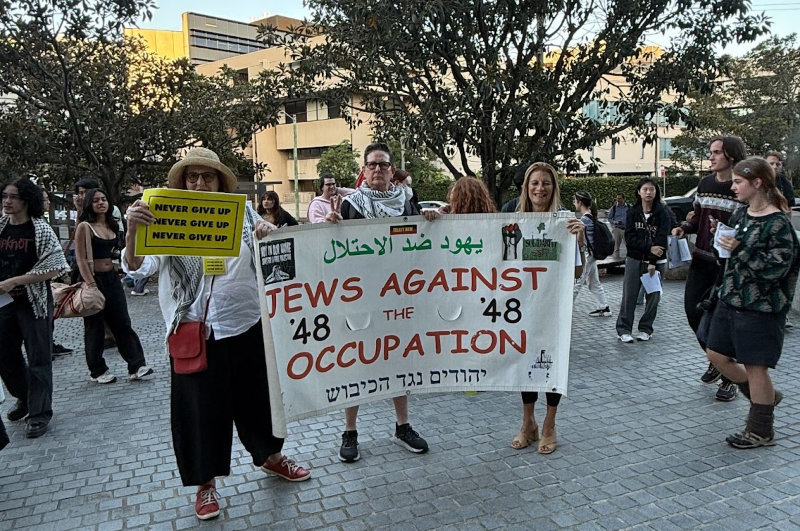
No stranger to USyd
Michael Gencher is no stranger to USyd. Since October 2023, he has opposed student encampments and street protests.
On one occasion, he visited the USyd protest student encampment in support of Palestine with Richard Kemp, a retired British army commander who tirelessly promotes the IDF. Kemp’s most recent X post congratulates Hungary for withdrawing from “the International Criminal Kangaroo Court. Other countries should reject this political court and follow suit.”
Kemp and Gencher filmed themselves attempting to interrogate students about their knowledge of conflict in the Middle East on May 21, 2024, but the students refused to be provoked and declined to engage.
In May 2024, Gercher helped organise a joint rally at USyd with Zionist Group Together with Israel, a partner of far-right group Australian Jewish Association. Extreme Zionist Ofir Birenbaum, who was recently exposed as covertly filming staff at an inner city cafe, Cairo Takeaway, helped organise the rally.
Students at the USyd encampment told MWM that they experienced provocative behaviour towards them during the May rally.
Opposition to StandWithUs
Those who oppose the SWU campus events draw on international findings condemning Israel and its IDF, explained in similar letters to university leaders.
After the USyd event, those who signed a letter received a response from vice-chancellor Mark Scott.
He explained, “We host a broad range of activities that reflect different perspectives — we recognise our role as a place for debate and disagreeing well, which includes tolerance of varied opinions.”
His response ignored the concerns raised, which leaves this question: Why are organisations that reject all international and humanitarian legal findings, including ones of genocide and ethnic cleansing,
being made to feel ‘safe and welcome’ when their critics risk misconduct proceedings?
SWU CEO Michael Gencher went on the attack in the Jewish press:
“We’re seeing a coordinated attempt to intimidate universities into silencing Israeli voices simply because they don’t conform to a radical political narrative.” He accused the academics of spreading “provable lies, dangerous rhetoric, and blatant hypocrisy.”
SWU regards United Nations and other findings against Israel as false.
Wendy Bacon is an investigative journalist who was professor of journalism at UTS. She worked for Fairfax, Channel Nine and SBS and has published in The Guardian, New Matilda, City Hub and Overland. She has a long history in promoting independent and alternative journalism. She is a long-term supporter of a peaceful BDS and the Greens.
Yaakov Aharon is a Jewish-Australian living in Wollongong. He enjoys long walks on Wollongong Beach, unimpeded by Port Kembla smoke fumes and AUKUS submarines. This article was first published by Michael West Media and is republished with permission of the authors.
This post was originally published on Asia Pacific Report.
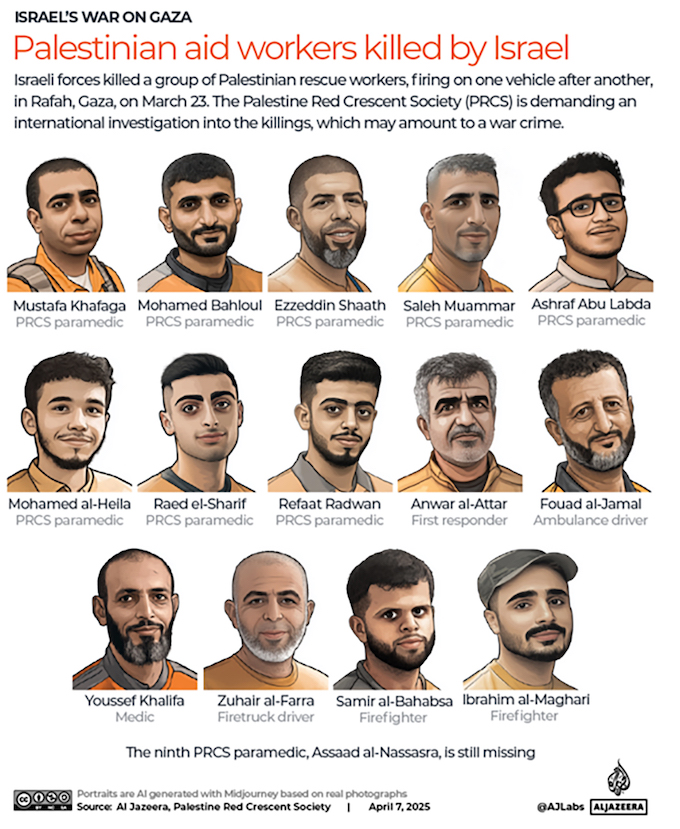
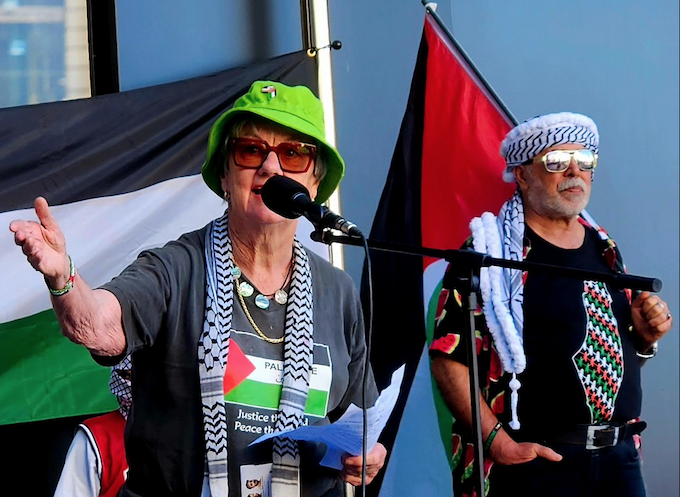
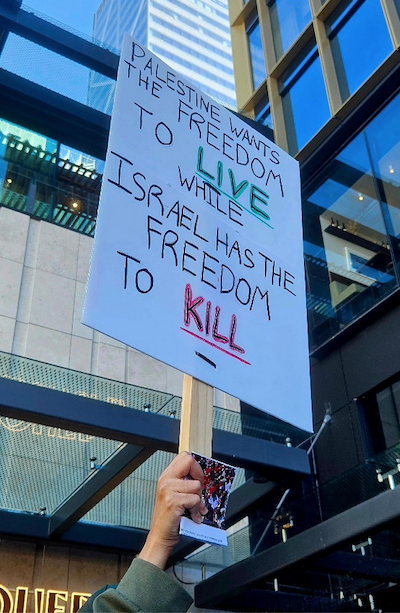
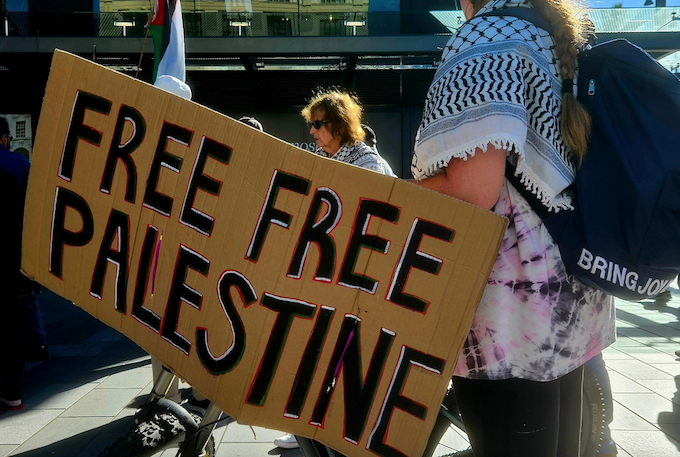




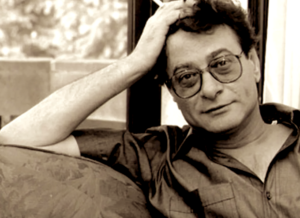
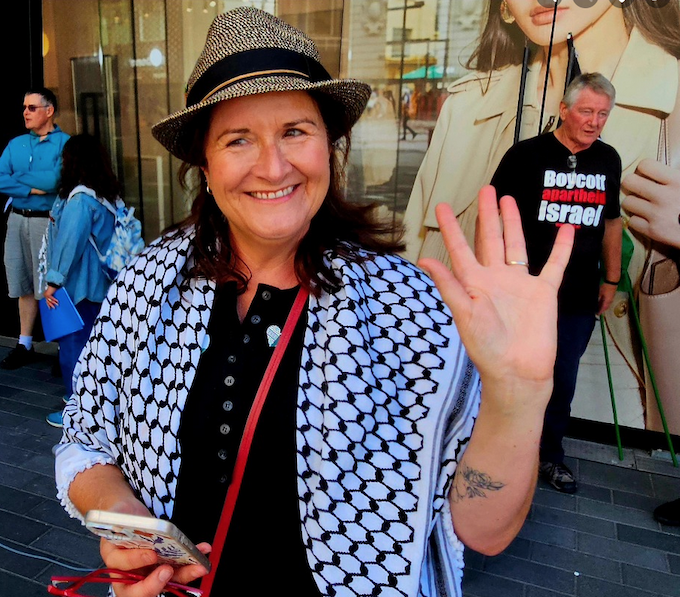
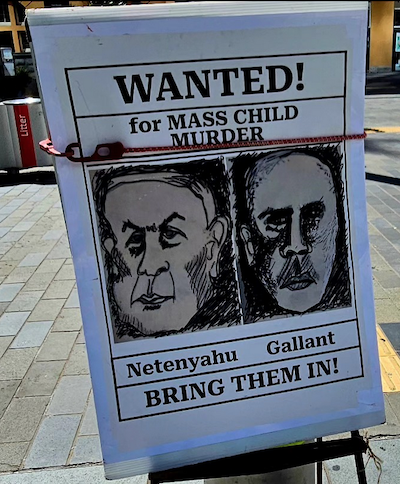
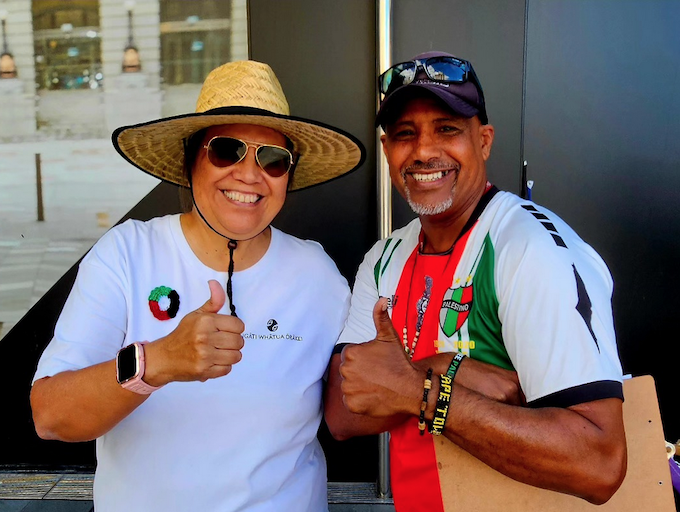
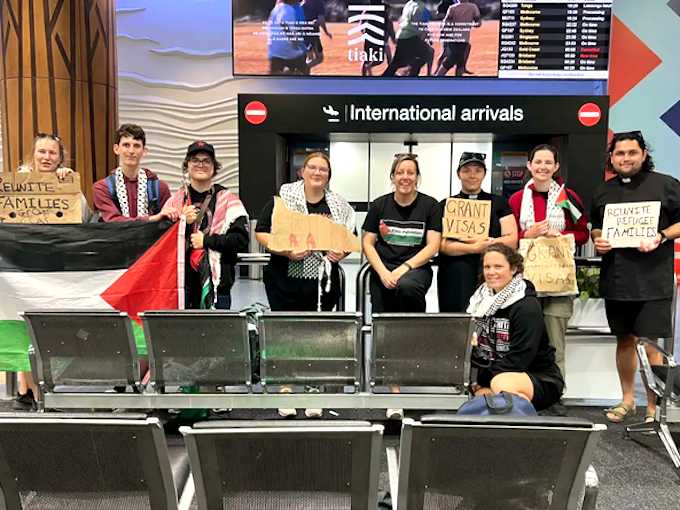
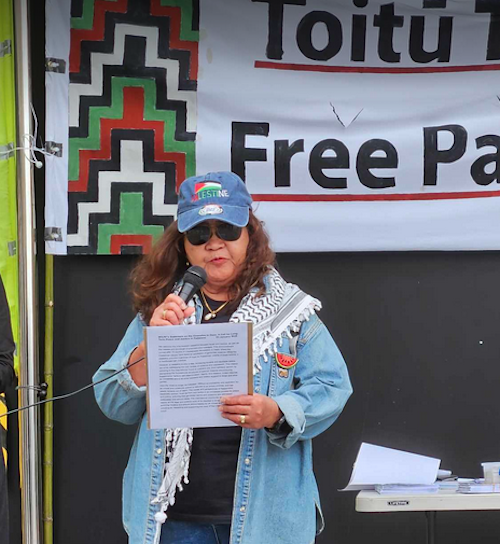
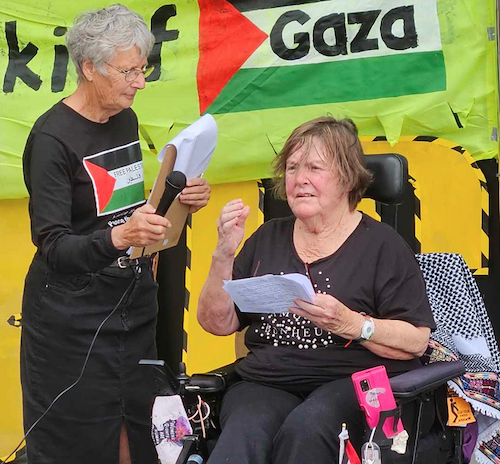
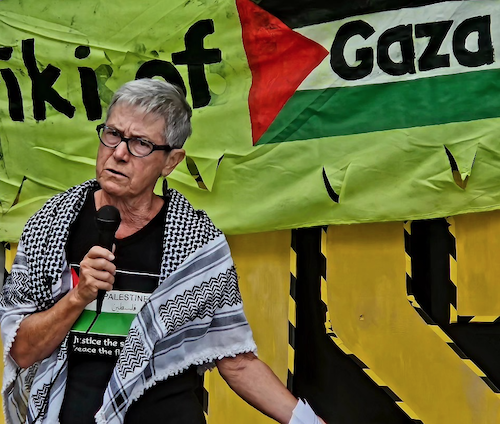
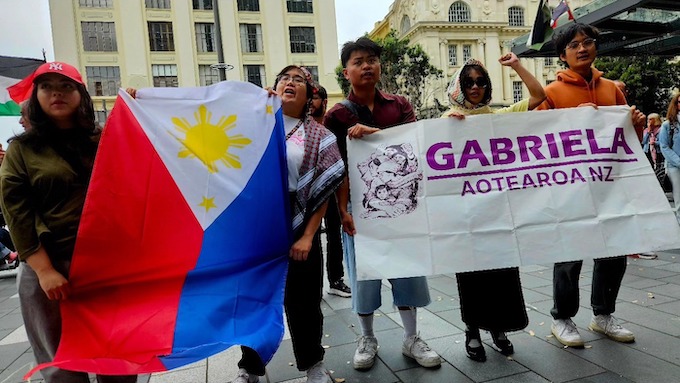
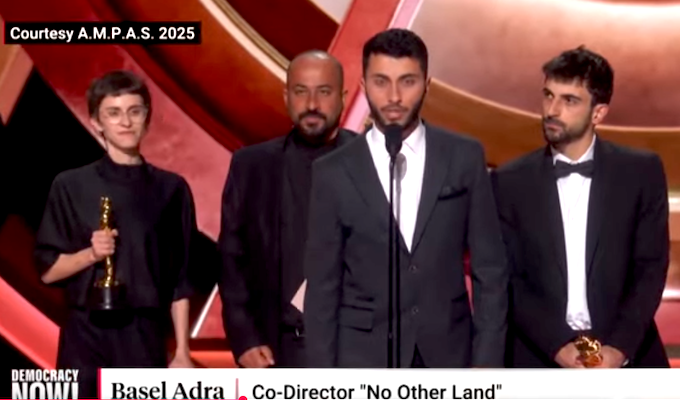
 Follow our LIVE coverage:
Follow our LIVE coverage: 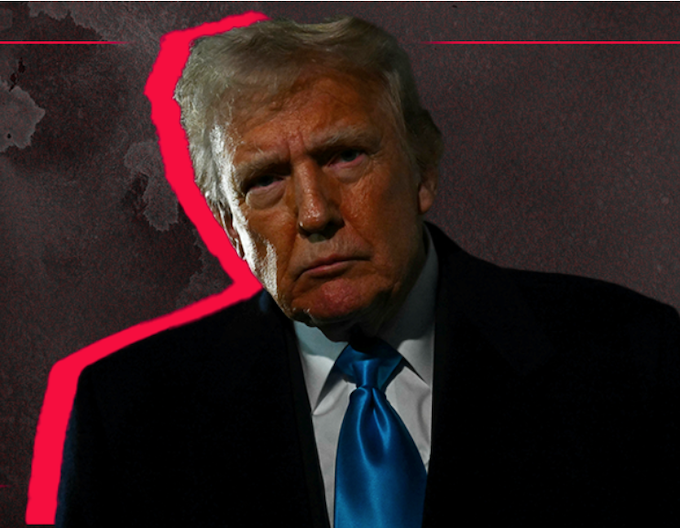
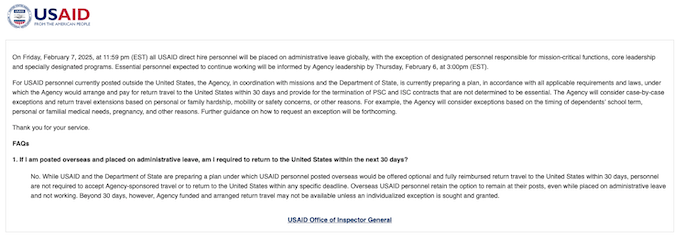
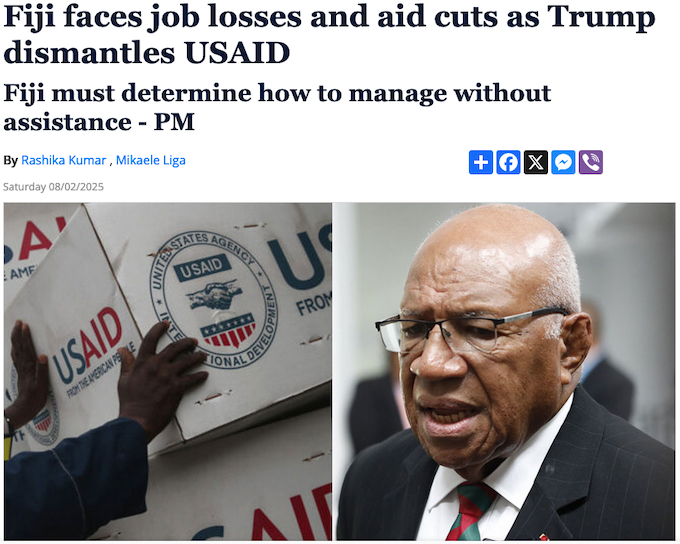
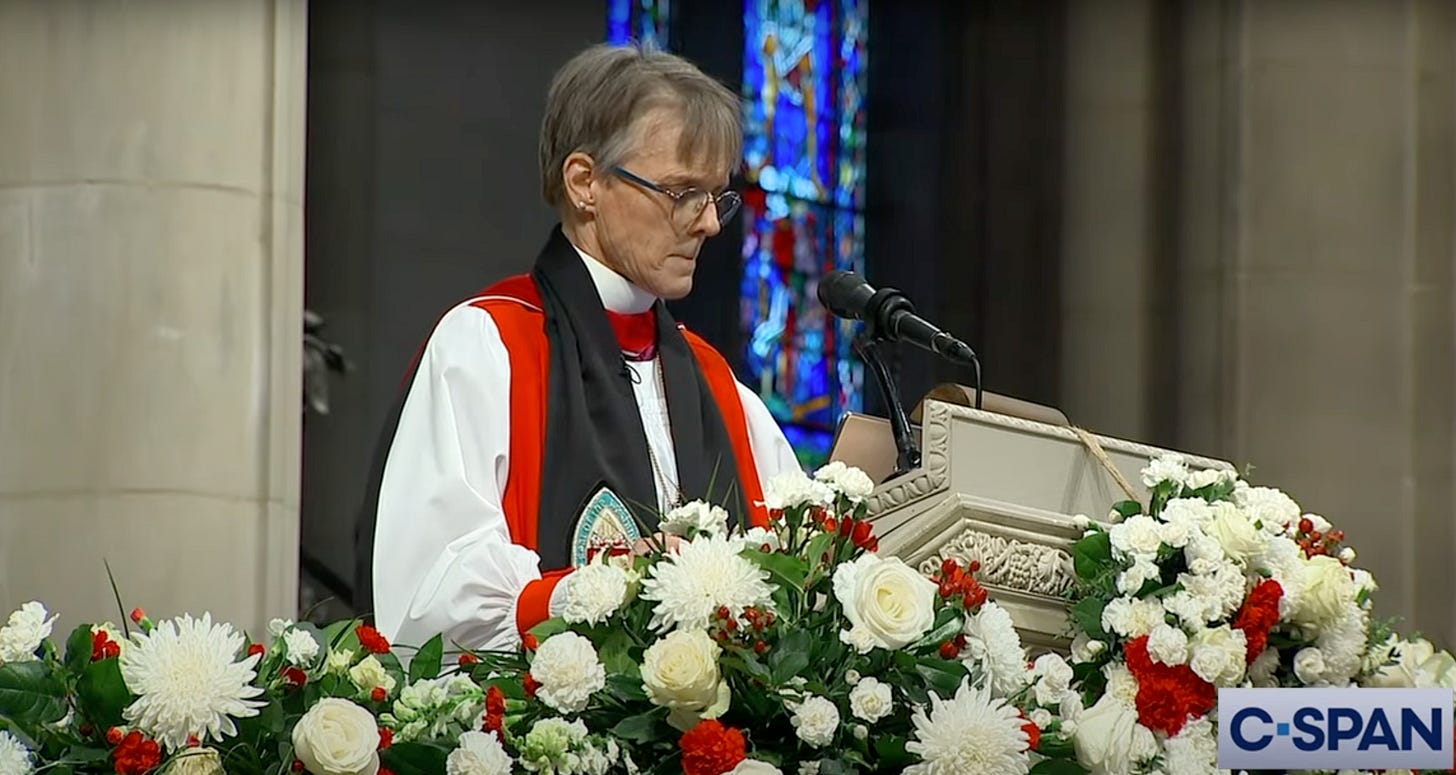
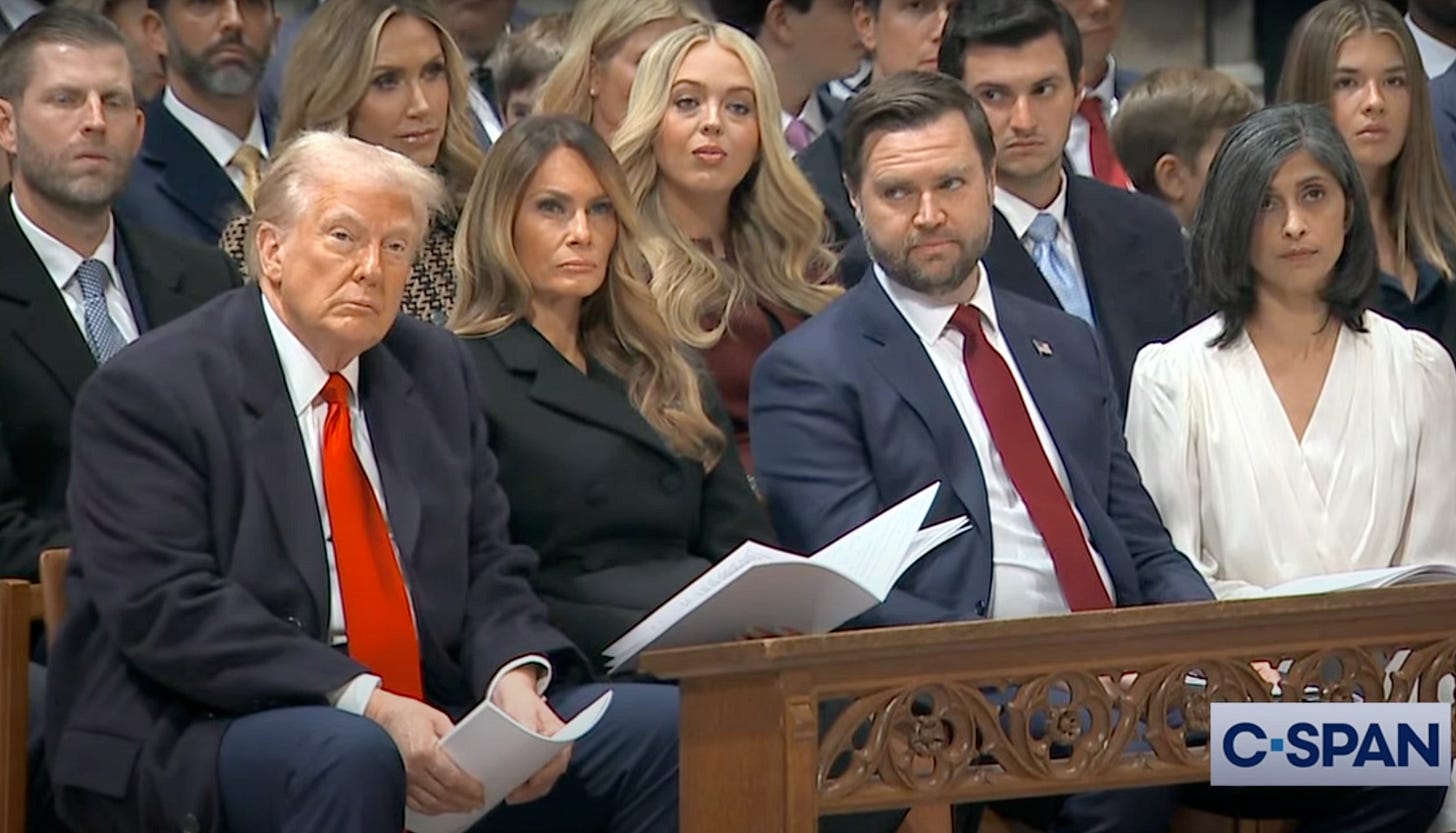
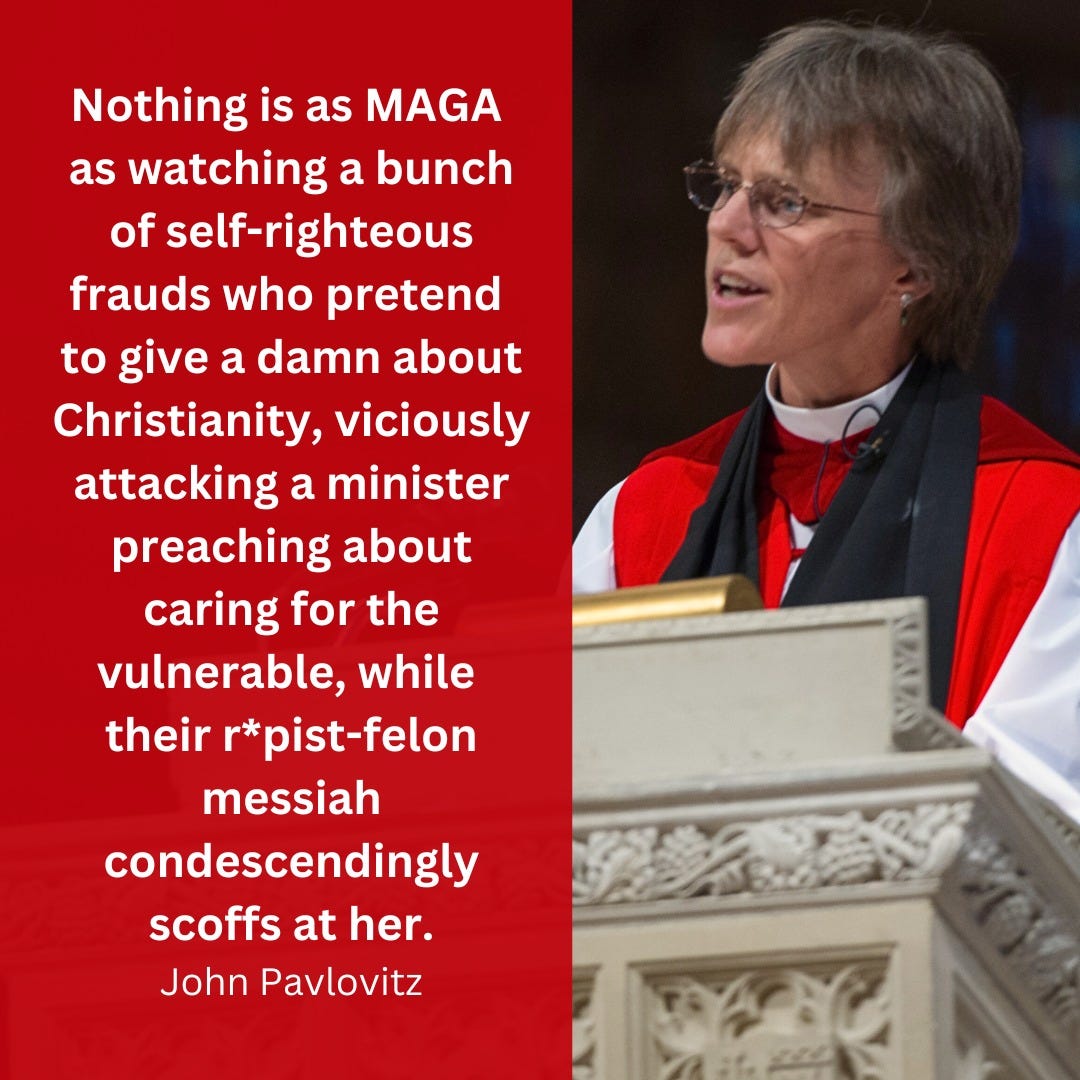


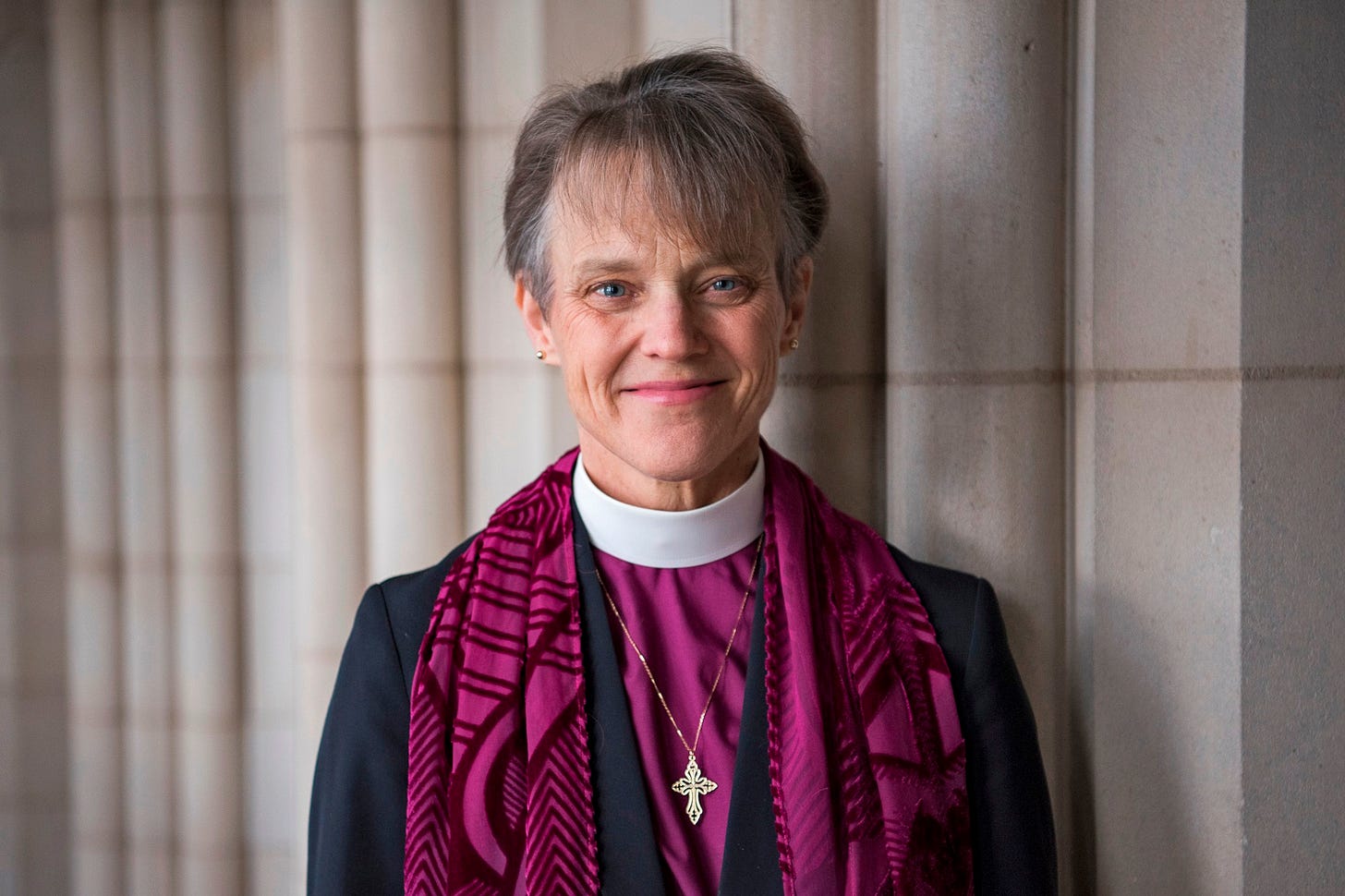


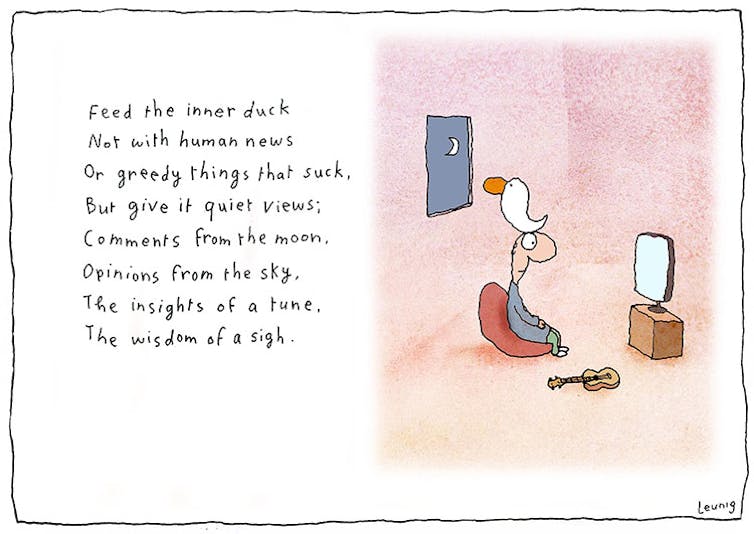
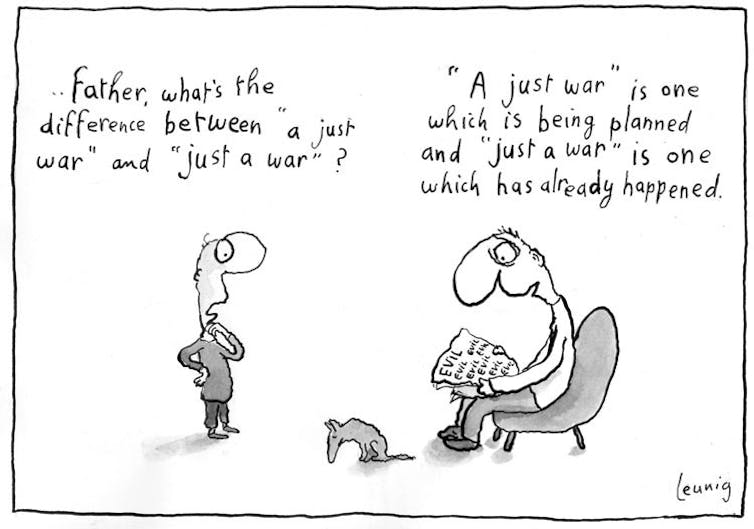
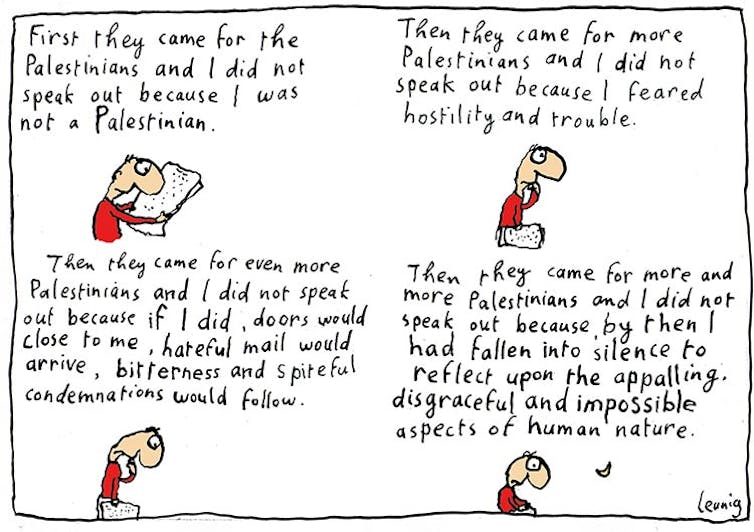
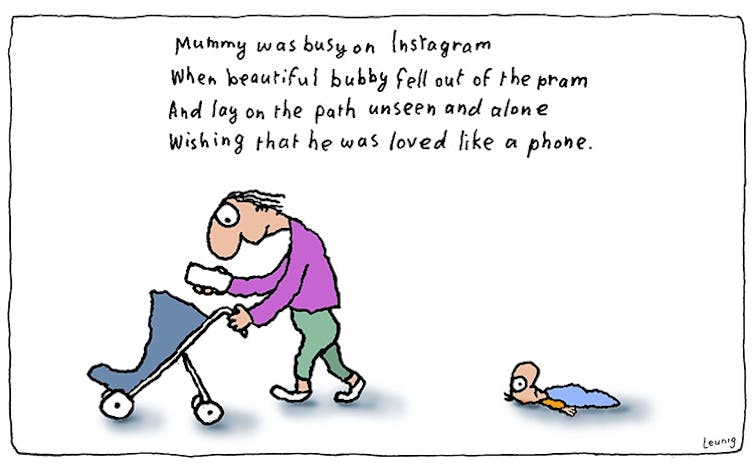
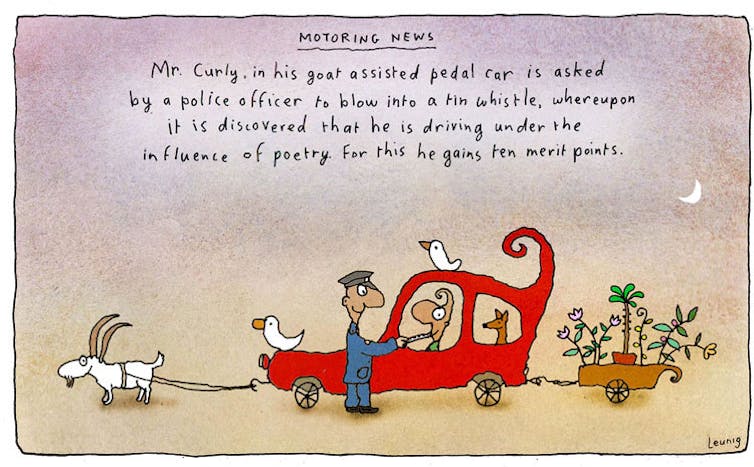


 Eye witnesses say 24 protestors were arrested for protesting at parliament today, demanding the Albanese Government stop new coal.
Eye witnesses say 24 protestors were arrested for protesting at parliament today, demanding the Albanese Government stop new coal. 